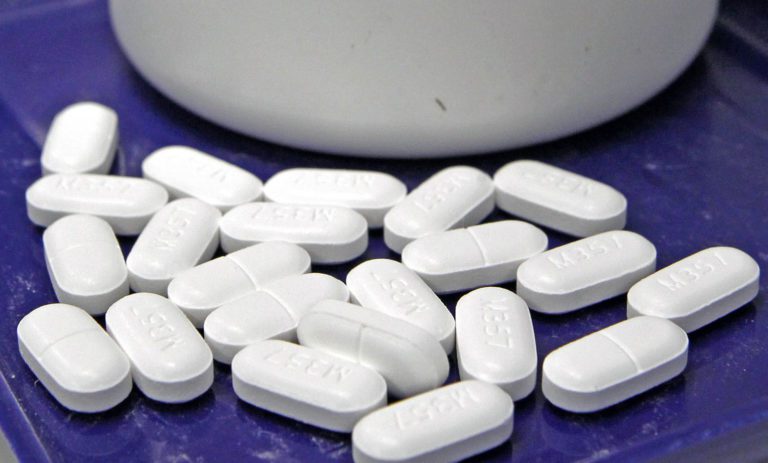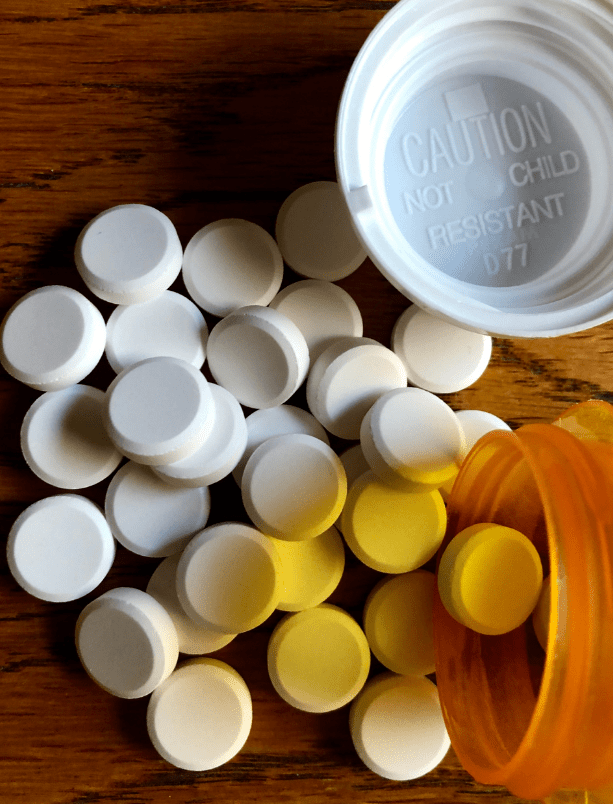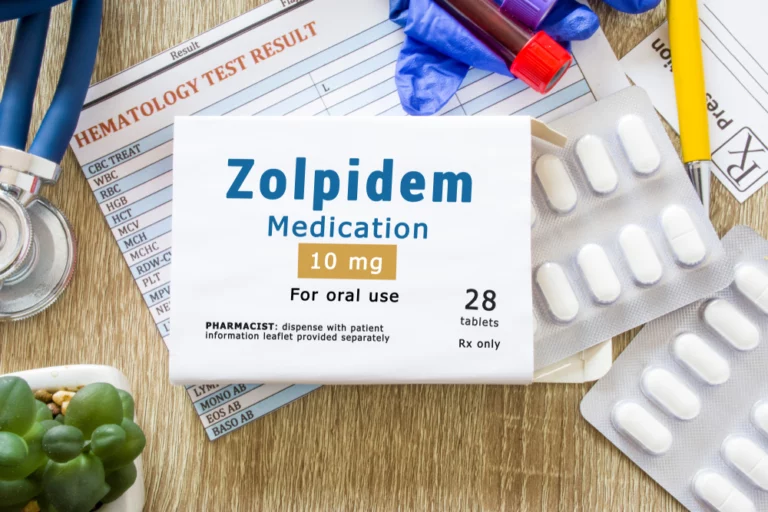Can Alcoholism Cause Depression?
Alcoholism is one of the most prevalent forms of addiction in the United States. According to some studies, one out of every eight Americans could drink enough to be considered an alcoholic. Binge drinking is especially problematic in the U.S. and disproportionately affects adolescents and young adults. According to the U.S. Food and Drug Administration (FDA), less than 4% of Americans who struggle with an alcohol use disorder (AUD) are properly medicated.
If you or someone you care about is struggling with alcohol abuse, we encourage you to reach out to the experts at Oasis Recovery for more information about treatment options. Contact us today to speak with a specialist about the path to recovery.
The Link between Alcoholism and Depression
Those who are struggling with alcohol addiction often have co-occurring issues. This means that there’s a good chance a person with an alcohol use disorder would receive a dual diagnosis.
Individuals who struggle with addiction are often given a dual diagnosis for a co-occurring mental health disorder. Common mental health issues associated with self-medicating using alcohol and other substances include:
- Generalized Anxiety Disorder (GAD)
- Major Depressive Disorder (MDD)
- Mood spectrum disorders (like Bipolar Disorder)
- Post-traumatic Stress Disorder (PTSD)
Those who struggle with depression often seek alcohol as a band-aid. Because alcohol is a depressant and habit-forming, drinking can often make mental health issues even worse. Over time, the toll of drinking is known to have negative effects on mental health and overall well-being.
Those who have Major Depressive Disorder (MDD) are especially prone to alcohol use disorders for a number of reasons. These can include:
- Genetics
- Family history of alcohol abuse
- Family history of mental illness
- Past trauma or abuse that may result in PTSD
- Additional mental health conditions
- Environmental factors such as violence or abuse in your household
Common symptoms of those who have MDD can include:
- Difficulting focusing or concentrating
- Sleep problems
- Feeling sad or empty
- Loss of interest in activities
- Increased isolation
- Changes in weight
- Excessive fatigue
- Sense of hopelessness
- Suicidal ideation
If you or someone you care about shows signs of depression or you believe may require a dual diagnosis, we encourage you to reach out for assistance. Early intervention is best but it’s important to remember that recovery is always possible. You can create a better life for yourself and your loved ones once you’re on the path to sobriety.
Signs and Symptoms of Alcohol Use Disorder (AUD)
Alcohol Use Disorder (AUD) is responsible for an alarming number of problems experienced by those who struggle with addiction. Common incidents experienced by those with AUD can include:
- Alcohol poisoning
- Car accidents
- Personal injury
- Sexual assaults
Common signs that you may have AUD can include:
- Difficulty or inability reducing or ceasing drinking
- Spending more time drinking
- Spending more time recovering from the effects of drinking
- Drinking is interfering with home or work obligations
- Drinking is causing relationship issues
- Inability or lack of desire to change behavior even though it is causing problems
- Lack of interest in hobbies or social activities
- Drinking is causing you to engage in risky behavior
- Drinking is causing mental health issues such as anxiety or depression
- Drinking in spite of increased anxiety or depression
- Drinking is causing physical, psychological, or emotional problems or distress
- Experiencing memory “brownouts” or “blackouts” due to drinking
- Increased withdrawal symptoms
- Increased cravings
Common withdrawal symptoms associated with AUD can include:
- Irritability
- Restlessness
- Sleep issues
- Shakiness or tremors
- Sweating
- Nausea
Treatment Options for Alcohol Use Disorder (AUD)
There are many treatment possibilities for alcohol use disorder (AUD). These include medications, behavioral treatments with a mental health counselor, and support groups. Those with AUD may want to consider the benefits of a residential or outpatient treatment program.
Oasis Recovery offers a wide variety of treatment options for those struggling with alcohol use disorder. Our medical professionals work with you to design a treatment plan that is tailored to fit your individual needs and circumstances. Reach out to us today to speak with a specialist about getting the help you deserve.











